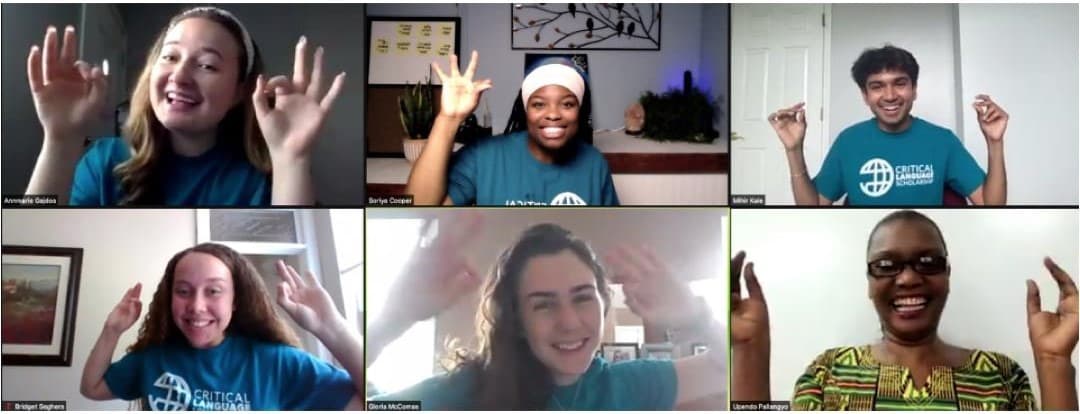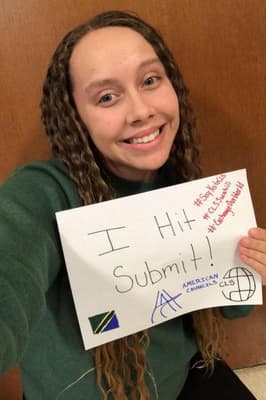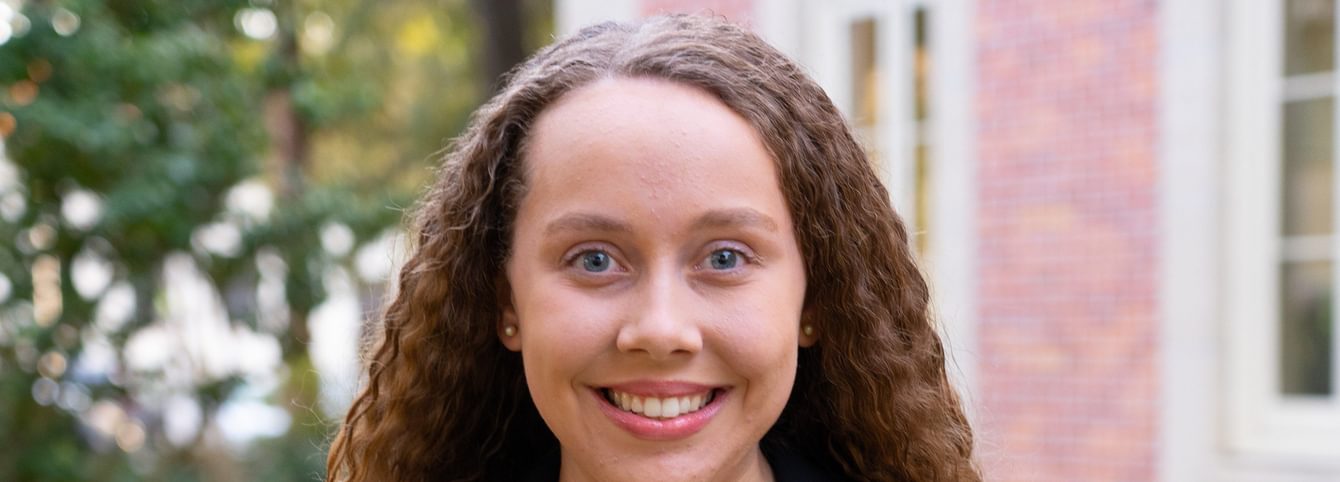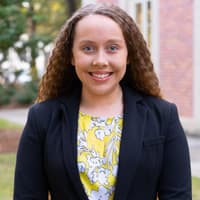Bridget Seghers
Bridget Seghers is an alumna of the 2021 CLS Swahili Program hosted virtually by the MS Training Center for Cooperative Development (MS-TCDC) in Arusha, Tanzania. Bridget is a sophomore Animal Sciences major and Linguistics minor at Louisiana State University. After graduating, she plans to combine her interests in global health and veterinary medicine through a career as a global health veterinarian.
Language as a Link to History
One of my favorite things about Swahili is that the language carries much of the rich and layered history of its speakers. Swahili is a Bantu language, yet it has a lot of loan words from other languages due to trade, immigration, or colonization.
Many loan words in Swahili are from Arabic like swahili itself which means “of the coast”. There are words in Swahili from Portuguese like meza for “table” and German like shule for “school.” Swahili includes English slang words like freshi for “fresh!” Every language is a living history, but Swahili seems to have especially absorbed the history of its speakers throughout time.
Studying Swahili has reminded me of the profound impact societies can have on one another and motivates me to be thoughtful in how I use Swahili to best serve its speakers and their culture. Swahili speakers have really fun phrases like shwari kama bahari, a rhymed phrase that translates to something along the lines of, “I’m calm like the sea!” or “kula bata” which literally translates to “eating duck” but is used to say, “we’re having a really good time!”

Turning a Language Mishap into a Learning Moment
I was no stranger to linguistic mishaps on my program, and they made the learning process humbling and memorable. I remember in one of my first language partner calls, I was trying to thank my language partner for her patience. The translation I used gave me the word for patient instead of patience. I ended up thanking my language partner for her patients! Luckily, she could also tell this is not what I intended to say. Later I asked my teacher the Swahili word for “patience” and realized I’d probably totally confused my language partner. But in one of my language partner conversations towards the end of the program, I had improved my Swahili enough to revisit the mix-up, explain the similarity of the two words in English, and correctly thank my language partner for her patience! That was a proud moment.
Words of Advice
It feels like just yesterday, I was combing through alumni profiles on the CLS website, contemplating if I had it in me to apply. Even now, it still feels like some unbelievable dream that I walked away from my summer program with a new language, broader awareness of the world, and a deeper understanding of myself and my purpose. The CLS Program is nothing less than magical, and I hope you will give yourself the opportunity to experience it. Believe in your story, your future, and your past, and put yourself in the running by applying.

What’s next for Bridget?
I want to earn a Master of Science in Global Health before continuing to veterinary school to receive my Doctor of Veterinary Medicine degree. I’m hoping to focus my graduate education on addressing the public health and environmental needs of East Africa while using summers to pursue in-the-field research opportunities.
Final Thoughts
I was blown away by the incredible combination of personalities, backgrounds, and interests that made up my cohort. There is no one right career aspiration or background to be a CLS scholar. My cohort had graduate students, an active service member, a heritage speaker, a theatre major, future doctors and diplomats, and many more! The power that language has to foster connection was on full display throughout my program, whether it was connecting Americans to Americans or building bridges from Tanzania to the US.



